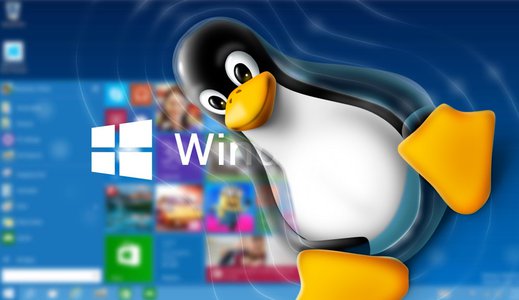By "user-mode" it is meant non-kernel things or, in other words, anything you can type into a Bash shell command window. This is complete binary compatibility: you can, for example, apt-get your favourite Linux tool or just copy it over from an Ubuntu Linux system and it will run (assuming you have any libraries it needs).
The underlying technology is a new Windows' service that dynamically maps Linux system calls to Windows ones, whilst maintaining the Linux semantics. This is a big step for several reasons:
- Researchers who currently dual boot their laptops/desktops may not need to;
- Researchers who run either Linux or Windows in a virtual machine may not need to;
- Staff and students who buy expensive MacBooks mainly for its Unix sub-system could buy a cheaper Windows 10 based laptop;
- As Windows 10 will be binary compatible with Linux it could be said to have an advantage over Apple Macs which use the BSD version of Unix (as BSD has numerous small differences to the tools found on Linux);
- It makes the path from developing on a laptop to a high-performance computing cluster much more straightforward (i.e. basically the same Linux toolset all the way);
- New researchers attending software/data carpentry courses - to learn the basics of good software engineering - will no longer have to work in a system alien to their day-to-day computing environment.

